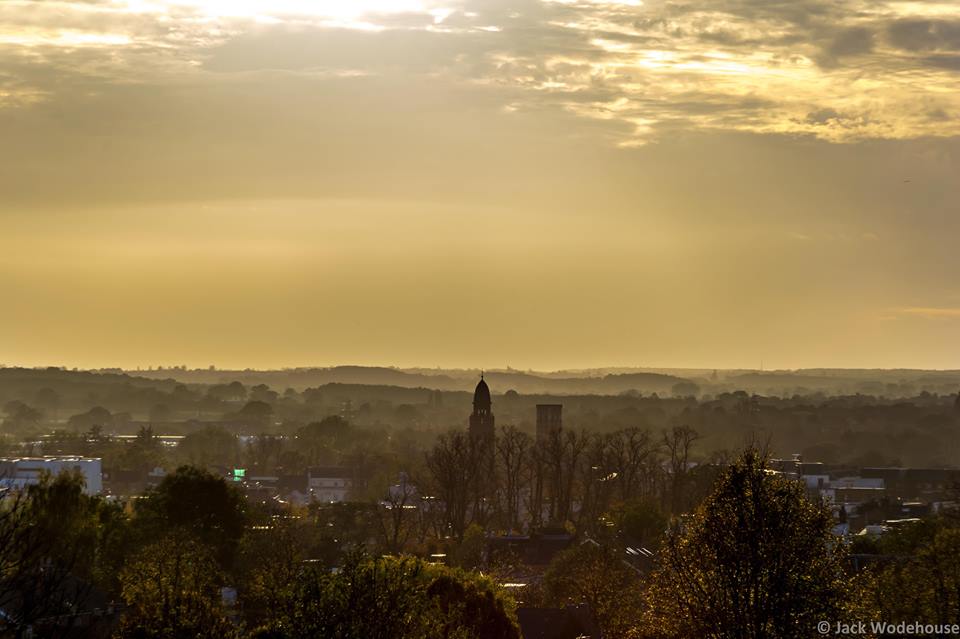Leamington Spa named one of the most polluted towns in the UK
A report published by The Royal College of Physicians (RCP) on Wednesday 1 November named Leamington Spa as one of 44 UK towns exceeding pollution level guidelines put in place by the World Health Organisation (WHO).
The town, home to many Warwick students, was found to have an average of 13 micrograms of fine polluting matter per cubic metre of air – far higher than the ‘acceptable’ maximum level of 10 micrograms per cubic metre as established by WHO guidelines.
The report cited respiratory and cardiovascular diseases as chronic health problems that could be caused by rising levels of pollution.
The Warwick District Council (WDC) has highlighted areas in South Leamington such as High Street and Clemens Street as major areas of concern.
In response, Health spokesman for the WDC, Councillor Andrew Thompson, has highlighted that the council adopted an Air Quality Action Plan in 2015 which aimed to reduce concentrations of nitrogen dioxide, a highly-polluting chemical emitted from diesel vehicles.
In addition to this, the WDC’s website states that “continuous monitoring” of four other pollutants rife in Leamington is carried out on a regular basis. Whilst the website reports that data should be read with caution as it has not been validated, all five main pollutants such as nitrogen dioxide and ozone have been recorded as “low” as of the start of the week commencing November 6.
In response to the RCP’s report, Thompson told the Leamington Observer: “In recent years, PM2.5 concentrations have decreased, and in 2016, concentrations were only marginally above the recommended WHO limit.”
However, air quality is also measured by the council in four other areas in Warwickshire. Coventry Road and Warwick Road, both an approximate ten-minute drive from the university, are being monitored due to: “A likely breach of the Nitrogen Dioxide (annual mean and hourly mean) objective as specified in the Air Quality Regulations”.
The county council’s Air Quality Review Task and Finish Group, chaired by Green Party Member Councillor Jonathon Chilvers, have recommended several strategies to tackle these high pollution levels, such as: “Investing properly in safe and enjoyable routes for walking and cycling for short journeys”.
Environment chiefs at the WDC are also considering an electric vehicle charging strategy as part of a wider government scheme to phase out the sale of petrol and diesel vehicles by 2040.
Councillor Thompson stated that the council are also looking to improve this situation by: “Increasing electric vehicle charging provision, junction improvements on key travel corridors and improving public information on sustainable transport options.”

Comments